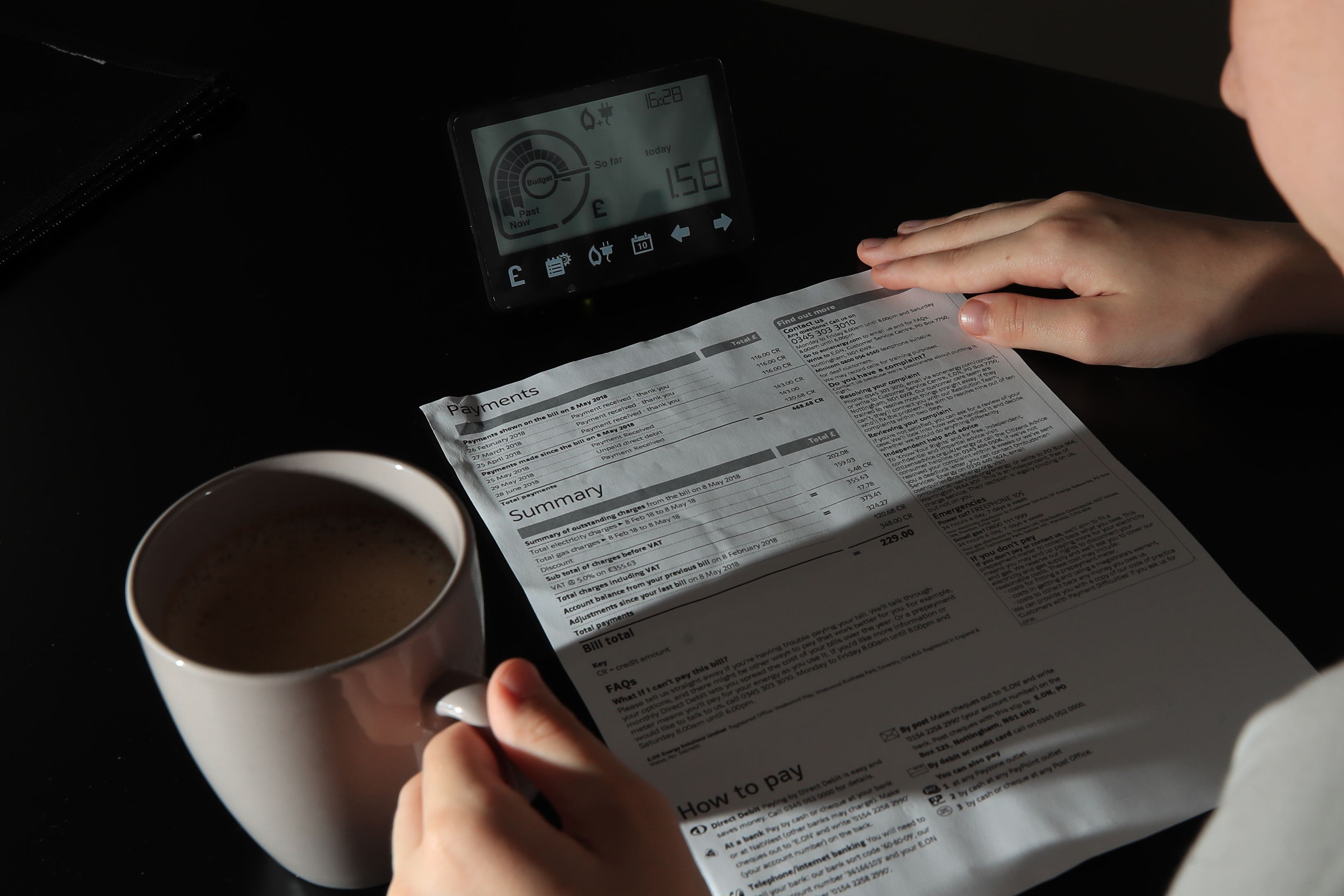Renters ‘three times more likely to face energy and food insecurity’
Figures from the Office for National Statistics (ONS) also indicated older people are less likely to face energy security problems.

Renters are around three times more likely to face energy and food insecurity than property owners, according to new data.
Figures from the Office for National Statistics (ONS) also indicated older people are less likely to face energy security problems than younger adults.
It comes as households face a further energy price hike in April, with bills expected to rise to £3,000 a year for a typical home when the price cap and government support changes.
The ONS recorded that, over the four weeks to December 18, adults who rented their homes were 2.9 times more likely to experience some form of energy insecurity than those who own their own properties.
It added that renters were 3.2 times more likely to have suffered food insecurity.
Data also showed that ethnic minority residents were 1.6 times more likely to face energy insecurity than their white counterparts.
Meanwhile, adults who reported “moderate-to-severe depressive symptoms” had 2.3 times higher odds of some form of energy insecurity and 3.1 times higher odds of food insecurity.
The data also showed adults aged 30 to 64 were between 1.5 and 1.8 times more likely to face energy insecurity than those aged 65 or over.
The ONS also released research on Monday, which looked into the characteristics of home-working.
It showed that people from London were more likely to work from home permanently or use hybrid working than those elsewhere.
The ONS said four in 10 London residents have a hybrid working pattern, with the east of England the next highest at around 30%.